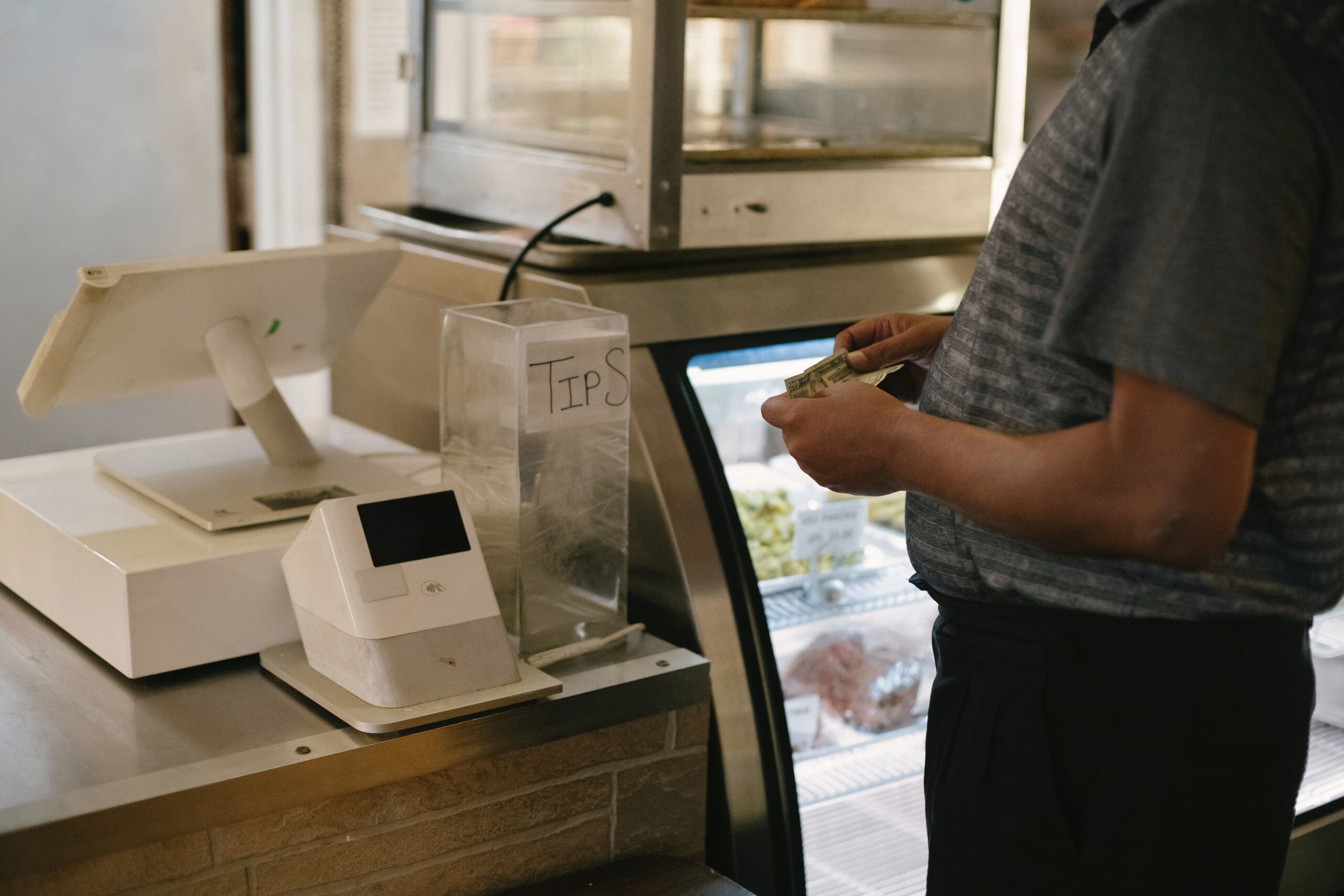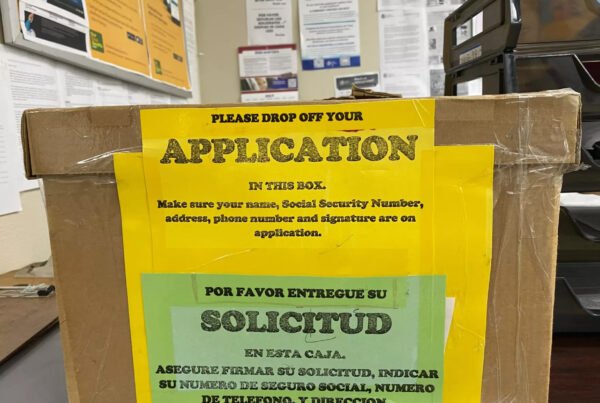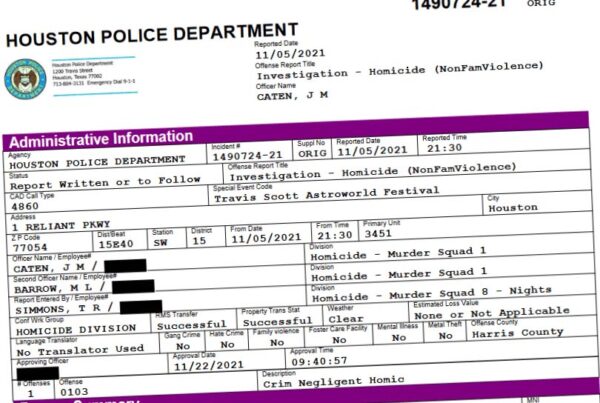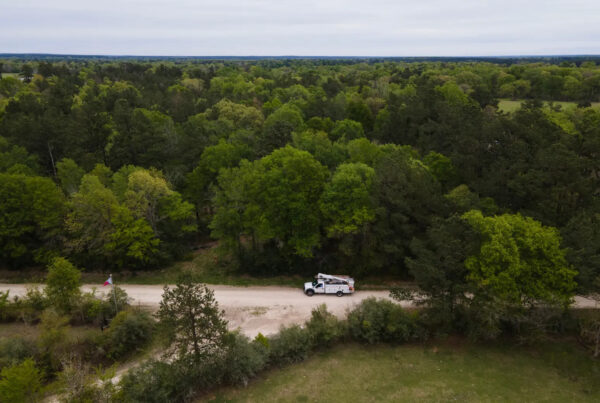“Alexa, good morning.”
With just this turn of phrase I got my NPR news roundup, the weather forecast and learned a bit about history. That’s because I programmed my Amazon device to do this on my command. So it’s easy to see how AI can help us with our daily routines, making our lives just a bit easier.
It seems harmless, but what does this mean for jobs in the future, since we can now program AI to do more advanced tasks?
These days it’s hard not to think about how AI’s helping and potentially hurting us. ChatGPT, for example, can help people communicate better and perhaps write better copy, but it’s also threatening to take over many jobs in some industries that you might not expect. This is part of the reasoning behind the ongoing writer’s and actor’s strike.
What kinds of jobs AI threatens to replace and possibly even create can affect decisions now and for the future, but could it also impact where we might choose to live?
A new study examines which metropolitan areas in the U.S. were most likely to have jobs affected by AI. According to the report, almost 150,000 jobs in San Antonio are likely to be lost to AI by 2027. That’s 14.3% of the city’s workforce, putting the Alamo City at No. 6 on the list.
Dallas and Austin were also among the top 25 U.S. cities on the list to be affected, at No. 20 and 23, respectively. Dallas is also number five on the list of U.S. cities losing jobs the fastest, with office and administrative support positions being the number one category.
Collin Czarnecki led the research on the new study for ChamberofCommerce.org, an organization providing research as well as product reviews for small business owners and operators.
“There are some roles that are related to administration, record keeping – positions like data entry, accounting, bookkeeping – those could be especially on the radar in the sense of being susceptible to at least some type of disruption,” Czarnecki said.
In 2019, the Brookings Institution came out with a study that showed that white collar jobs were most likely to be impacted by AI. This is consistent with the findings of a study done this year by the World Economic Forum. But what Czarnecki found in his research, which analyzed the U.S. Bureau of Labor Statistics data, is that these aren’t the only jobs bound to be impacted.
“It’s interesting, we sort of found a twofold result here in the sense of which jobs might be most at risk. Both higher paying white collar jobs along with jobs that require more physical skills, like cashiers, retail sales, things like that. So it’s definitely a mixture, especially in the San Antonio area,” Czarnecki said.
Czarnecki said that they looked at the 50 most populated metropolitan areas in the country for this study. Houston, Texas’ most populous city, didn’t crack the top 25 – but that doesn’t mean Space City doesn’t have reason to be concerned.
“Houston was number 31 on this list. Overall, about 12.5% percent potential jobs are either disrupted or at risk within the Houston Metro area,” Czarnecki said, pointing to retail and customer service jobs in particular.
One reason Texas has such a strong presence in this study is simply because it’s a larger geographic area. Another, Czarnecki says, is because Texas cities have also been experiencing a fair amount of job growth.
“In recent years, that whole Dallas metro area is really booming with new jobs,” Czarnecki said. “But overall, those three cities, you’re looking at about six million people employed throughout San Antonio, Dallas, Austin Metro area; and according to this study that we looked at, almost 800,000 jobs could be at risk within those areas. And again, it’s definitely a mixture of types of occupations that are most susceptible.”
On the blue collar side of things, service industry jobs, such as cashiers, have already experienced job replacement. Czarnecki said that this is a “common thread” that he’s noticed in Dallas, Austin and San Antonio. Self-checkout and automated payment options implemented into more businesses is one reason he says that these jobs have been rapidly declining.
But now, with the advent of ChatGPT, jobs that once required a human touch are now threatened as well, since the app has the capabilities to copy writing styles of virtually anyone it’s programmed to.
“That’s obviously a story right now happening in Hollywood with the writer’s strike and concerns about AI, which is interesting because historically automation has disrupted occupations that require more physical labor,” Czarnecki said. “But now with ChatGPT we’re seeing disruption with jobs that require more analytical skills, human behavior – things like that. Things like writing fall into that category.”
While Texas is bound to lose plenty of jobs to AI, Czarnecki says that new employment opportunities are also likely to be created due to the boost in the technology’s presence.
“There is potential for jobs to be created, too,” Czarnecki said. “So that is more of the positive outlook on this, is what will this technology do in terms of job creation and new types of roles – making things more efficient for both employees and employers.”














